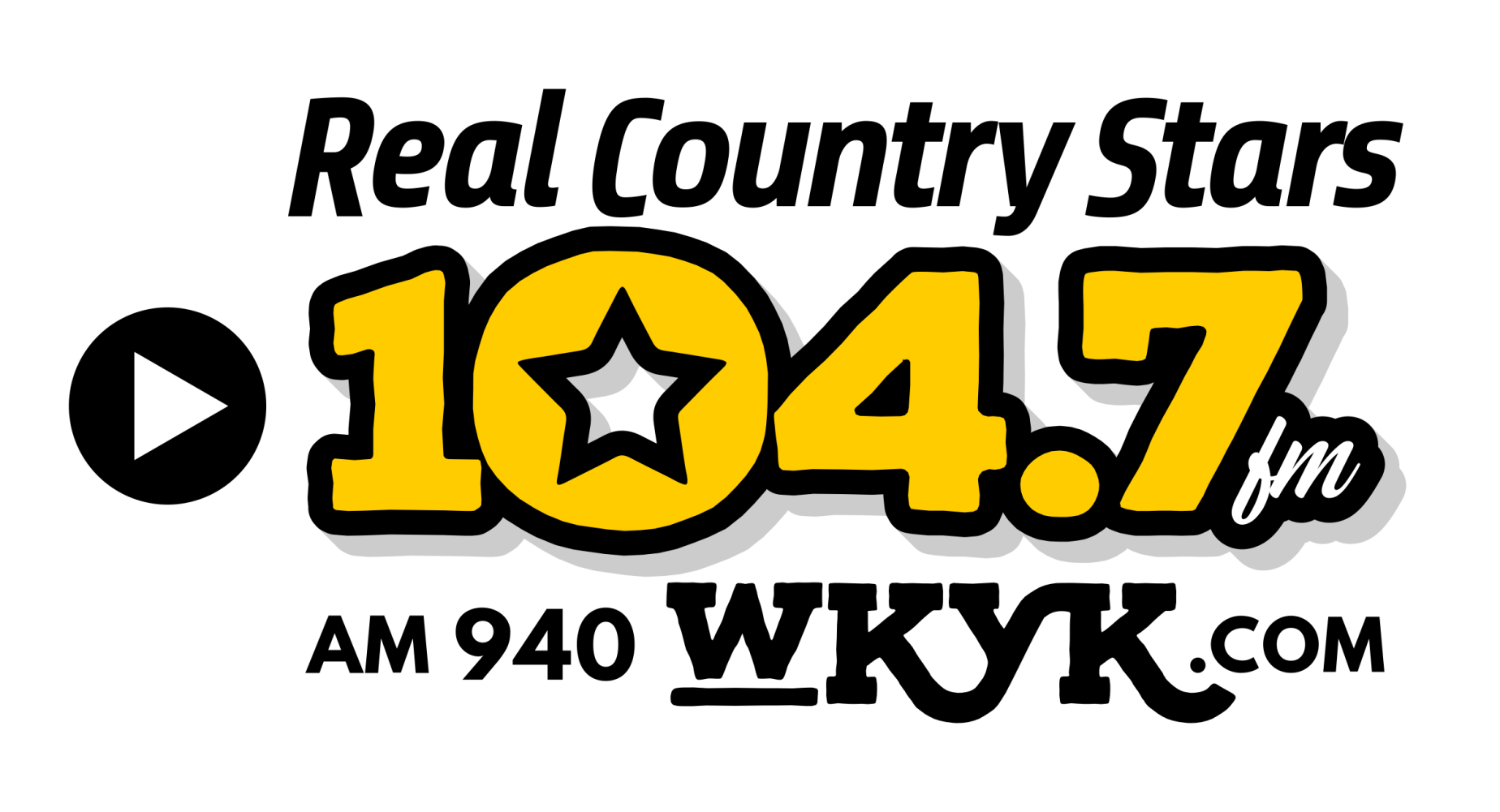On May 8, Foothills Conservancy of North Carolina purchased 38 acres on the North Fork Catawba River in McDowell County. The property will eventually be transferred to the North Carolina Wildlife Resources Commission (NCWRC) for future public use as part of its Wildlife Conservation Area program.
The conservancy acquired the property with a $100,000 grant from Duke Energy’s Catawba-Wateree Habitat Enhancement Program, a contribution from conservationists Brad and Shelli Stanback and a contribution from another private conservationist.
“Duke Energy and the Catawba-Wateree HEP review committees strongly support the Foothills Conservancy for leading this land acquisition for the continued protection and enhancement of terrestrial and aquatic habitat and the water quality of upper Lake James,” said Michael Abney, senior environmental resource manager for Duke Energy Carolinas. “These environmental investments also help inform the public about the benefits of land conservation to protect healthy watersheds and habitat.”
Directly across the North Fork Catawba River from NCWRC’s Pisgah Game Land, the purchase of this land ensures the protection of 2,300 feet of river frontage, on both sides, less than one mile upstream from the river’s confluence with Lake James. Because the North Fork Catawba is a known sediment input for Lake James, protecting this land from future development also enhances aquatic habitat in the lake by decreasing sedimentation. The property also provides an opportunity to build a planned segment of the Fonta Flora State Trail that will connect Lake James to the City of Marion.
Previous landowners and Pittsburgh, Pennsylvania, residents Dave Majka and Connie Eads bought the property about 15 years ago. Not long after purchasing the land, they learned about Foothills Conservancy and signed up as supporters of the land trust to learn more about conservation efforts in Western North Carolina.
The two are no strangers to land trust work, as Connie recently retired from her position as chief financial officer for the Western Pennsylvania Conservancy.
“We originally thought this land would be a great candidate for a place to retire,” said Majka. “But when we decided to look at alternatives for the property, we knew conservation through Foothills Conservancy was the best solution. We would have hated to see someone develop it, and it is just too beautiful to keep to ourselves.”
Majka is most excited to share the unique features of the property with the public.
“My two favorite things about this land are the waterfall and a giant boulder that comes out from the hill horizontally,” he said. “I always thought that would be the ideal camping spot!”
Foothills Executive Director Andrew Kota added: “Dave and Connie contacted Foothills Conservancy over three years ago with an interest in protecting their land and the adjoining river. Their patience through the fundraising process is a testament to their commitment to conserve the land and water, and to the hope that the public can experience and access a beautiful riverine landscape.”
Highlighting the connectivity of the property and its potential future as part of the Fonta Flora State Trail, Kota continued: “Many projects are taken on mainly for wildlife and biodiversity benefits, but our land trust and the private conservationists who helped fund the acquisition agree that this is a great example of a project that will also enhance public access and enjoyment.”
Foothills Conservancy of North Carolina is a nationally accredited regional land trust that inspires conservation in Western North Carolina by permanently protecting land and water for the benefit of people and all living things. A 501(c)(3) nonprofit, Foothills Conservancy serves eight counties: Alexander, Burke, Caldwell, Catawba, Cleveland, Lincoln, McDowell, and Rutherford, in three major river basins: the Broad, Catawba, and Yadkin. Information about Foothills Conservancy, including ways to support its work, can be found online at www.foothillsconservancy.org or by calling 828-437-9930.
###


